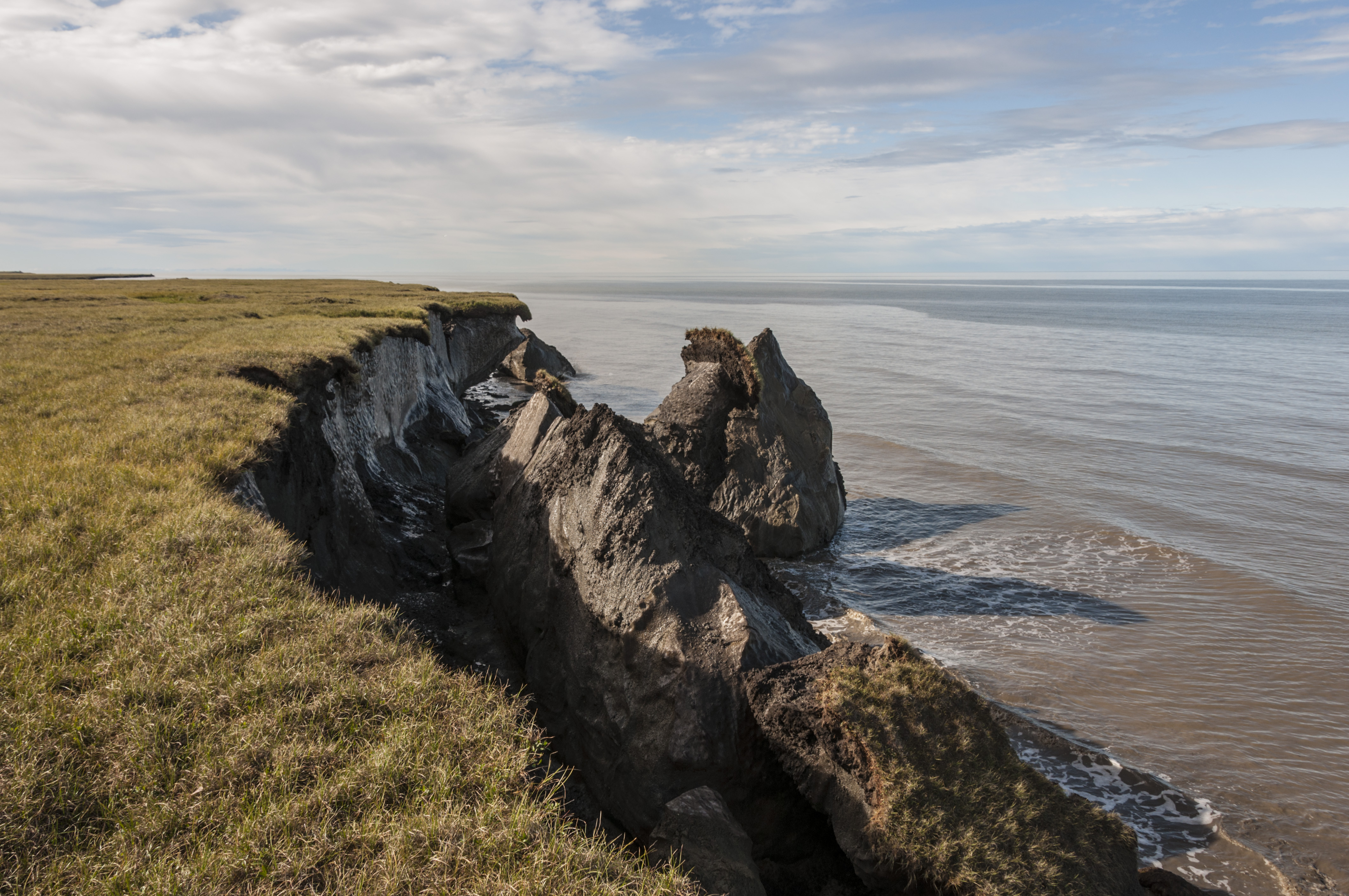
By the 2050s, parts of the Arctic Ocean once covered by sea ice much of the year will see at least 60 days a year of open water, according to a new modeling study led by researchers at the University of Colorado Boulder.
“We hear all the time about how sea ice extent in the Arctic is going down,” said the study’s lead author, Katy Barnhart, now a postdoctoral fellow at the Annenberg Public Policy Center of the University of Pennsylvania. Barnhart led the research while at CU-Boulder’s Institute for Arctic and Alpine Research (INSTAAR). “That’s an important measurement if you are trying to understand broad impacts of climate change in the Arctic, but it doesn’t tell us about how the changes in the sea ice in the Arctic are going to affect specific places.”
Barnhart and her colleagues, including Jennifer Kay, a fellow of the Cooperative Institute for Research in the Environmental Sciences (CIRES) and INSTAAR Fellow Irina Overeem, set out to investigate the local impacts of open water expansion patterns in the Arctic. Their work is published today in the journal Nature Climate Change.
The researchers used climate simulations from the National Center for Atmospheric Research-based Community Earth System Model to see how the number of open water, or sea-ice-free, days change from 1850 to 2100 in our planet’s northernmost ocean. They also wanted to understand when open water conditions in specific locations would be completely different from preindustrial conditions.
For the study, Barnhart, Kay and their colleagues relied on climate projections from 1850 to 2100 and analyzed multiple runs or “realizations” from a single climate model. According to their analysis, the entire Arctic coastline and most of the Arctic Ocean will experience an additional 60 days of open water each year by the 2050s, and many sites will have more than 100 additional days.
For the complete news release on the CIRES website, click here. For the study in Nature Climate Change, click here.
Contact: Katy Barnhart, 215-573-5272.

